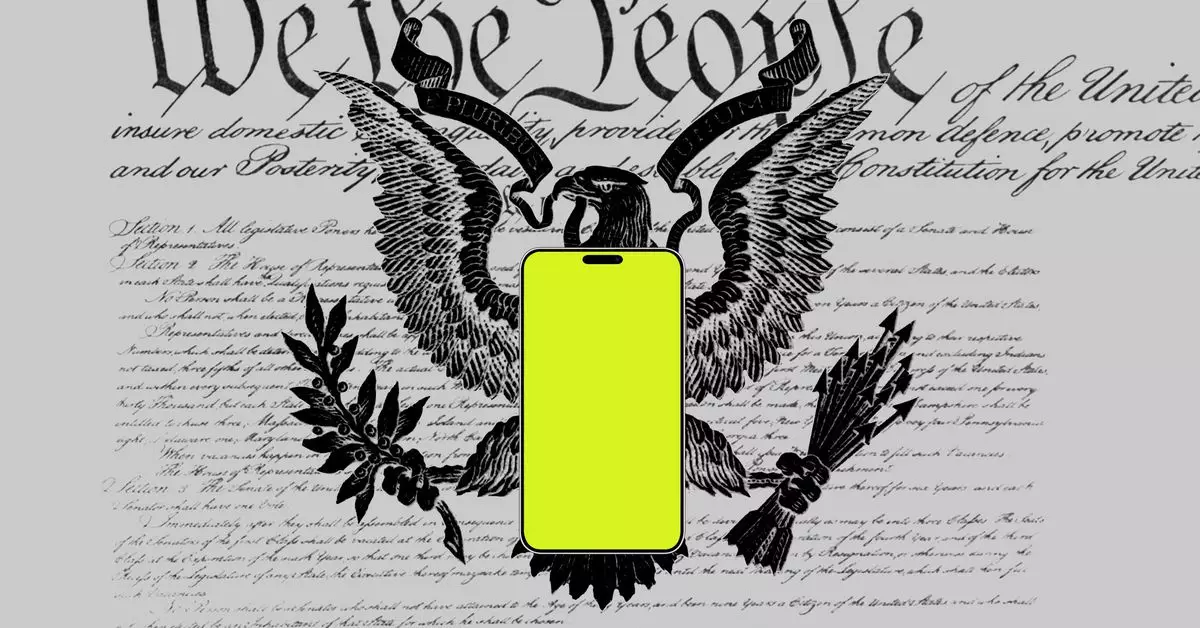The decline in complaints regarding unwanted telemarketing calls marks a constructive development in consumer experience, as reported by the Federal Trade Commission (FTC). The agency announced that complaints have decreased significantly over the past year, continuing a three-year trend that has seen a reduction of over 50 percent compared to 2021. This substantial decline, which amounts to about 33,000 fewer complaints in the 2024 fiscal year alone, indicates that ongoing efforts to mitigate telemarketing nuisances are yielding fruits.
One of the primary reasons for this decrease could be attributed to enhanced governmental vigilance and proactive measures aimed at combating telemarketing and fraudulent schemes. The FTC’s Bureau of Consumer Protection Director, Sam Levine, emphasized the need to combat illegal calls, which he termed a “scourge.” Furthermore, Levine cited the agency’s strategic focus on tackling “upstream players,” suggesting that addressing those at the source of these illegal calls has played a critical role in reducing public complaints. As government agencies have curated a more robust framework for enforcement, consumers are likely feeling the impact more positively.
Despite this overall decline, it is essential to note that certain categories of unwanted calls continue to surge. Reports of debt reduction calls, for instance, have skyrocketed by more than 85 percent from the previous year. This could indicate a shifting landscape, where while traditional telemarketing disturbances are being addressed, new forms of intrusive calls are arising, perhaps leveraging more sophisticated techniques that evade current regulations.
Regulatory changes and initiatives also play a pivotal role in this evolving scenario. The FTC has implemented a variety of policies to curb illegal telemarketing practices, including strict prohibitions against impersonation of government agencies or businesses. Moreover, their Telemarketing Sales Rule (TSR) has been crucial in regulating how and when telemarketers can initiate calls. Notably, the FCA’s crackdown on AI-driven scams is a timely response to the technological advancements that have allowed scammers to enhance their operations.
The collaboration between the FTC and the Federal Communications Commission (FCC) has been significant in creating a more comprehensive anti-telemarketing strategy. Initiatives such as the new anti-spoofing protocol aim to ensure that consumers are better informed about the origins of calls they receive. Additionally, the FCC’s moves to ban AI-generated robocalls and ensure that cell carriers proactively block likely illegal texts highlight a holistic approach to consumer protection.
While the substantial drop in telemarketing calls signifies a step in the right direction, the emergence of new challenges, such as the rise in debt reduction calls, cannot be overlooked. Government agencies must continue to adapt and enforce strategies that tackle the evolving landscape of telemarketing. Continuous vigilance is necessary to ensure that consumers can enjoy a decline in unsolicited interruptions, complemented by a proactive response to emerging telemarketing tactics. The overall journey toward a hassle-free communication experience for consumers is ongoing but demonstrates great promise with current regulatory efforts.


Leave a Reply